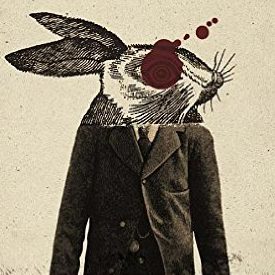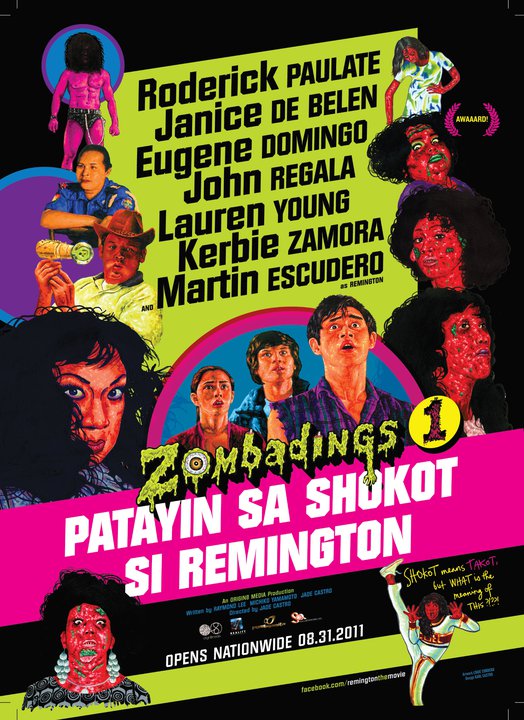#03. The Last Command — Thrawn and On and On (A Star Wars Literary Podcast)
http://media.blubrry.com/skiffyandfanty/dts.podtrac.com/redirect.mp3/archive.org/download/ThrawnAndOnAndOnEpisode3TheLastCommandByTimothyZahn/ThrawnAndOnAndOnEpisode3–TheLastCommandByTimothyZahn.mp3Podcast: Play in new window | DownloadSubscribe: Apple Podcasts | Spotify | Android | iHeartRadio | Podchaser | Podcast Index | Email | TuneIn | Deezer | RSSThe trilogy ends, but the saga lives forever! In our third episode, Kate, Rachael, and Shaun conclude the Thrawn Trilogy with a discussion of Timothy Zahn’s The Last Command and a side discussion about the origins of Rey and Rogue One (our hopes and our fears). We discuss the politics of the narrative, explore the development of the characters, new and old, examine the politics and underlying meanings in the trilogy as a whole, the number of Ewoks found on Endor, and so much more! We hope you enjoy the episode! Now for a poll! If you want to help us pick the next book or series to read in the Star Wars Legends/Expanded Universe, vote on the poll below (future polls for the New Canon/Expanded Universe will also go live in the future). Hooray for choices! Want to suggest a book? Think we should add a feature? Send us an email at skiffyandfanty[at]gmail[dot]com! Note: If you have iTunes and like this show, please give us a review on our iTunes page, or feel free to email us with your thoughts about the show! Here’s the episode (show notes are below):
Book Review: Alice by Christina Henry

“Her voice trailed off, her throat full of love and loss and pain. [He] said nothing, but she heard his breath go deep and even, and she let her eyes fall shut. She matched her breath to his, and it was almost like holding his hand as the night closed in. Alice dreamed of blood. Blood on her hands and under her feet, blood in her mouth and pouring from her eyes. The room was filled with it. Outside the door [he] stood hand in hand with something dark and hideous, a thing crafted of shadow with flashing silver teeth…” I haven’t read Lewis Carroll before. I’ve never even watched any of the Alice in Wonderland adaptations that have been animated or filmed. But the continual presence of Alice’s Adventures in Wonderland and Through the Looking Glass in the popular zeitgeist is sufficient familiarity for anyone to pick up Alice, an arresting novel by Christina Henry published last summer. More inspired by Carroll’s twisted characters and their world as opposed to being a point-by-point ‘retelling’, Christina Henry tweaks Carroll’s work into her own distinct plot and themes, with a marked shift to darkness.
Shaun’s Rambles 013: The Brief Wondrous Life of Oscar Wao by Junot Diaz (w/ Special Guest Mareen Kincaid Speller)
https://media.blubrry.com/skiffyandfanty/dts.podtrac.com/redirect.mp3/archive.org/download/ShaunsRambles013TheBriefWondrousLifeOfOscarWao/ShaunsRambles013–TheBriefWondrousLifeOfOscarWao.mp3Podcast: Play in new window | DownloadSubscribe: Apple Podcasts | Spotify | Android | iHeartRadio | Podchaser | Podcast Index | Email | TuneIn | Deezer | RSSGeek references + the Dominican Republic = instance classic. In this episode, Maureen Kincaid Speller joins me to discuss the Pulitzer Prize-winning The Brief Wondrous Life of Oscar Wao by Junot Diaz. We tackle the novel’s treatment of geekery, its exploration of masculinity, romance, and the coming-of-age narrative, and much more! I hope you enjoy it!
280. The Wonders and Politics of Steampunk w/ Cherie Priest, Beth Cato, and Jaymee Goh
http://media.blubrry.com/skiffyandfanty/dts.podtrac.com/redirect.mp3/archive.org/download/SandFEpisode280TheWondersOfSteampunk/Sandf–Episode280–TheWondersOfSteampunk.mp3Podcast: Play in new window | DownloadSubscribe: Apple Podcasts | Spotify | Android | iHeartRadio | Podchaser | Podcast Index | Email | TuneIn | Deezer | RSSMachines, empire, and whitewashing, oh my! In this special edition of our discussion feature, Shaun and Rachael talk to authors Cherie Priest, Beth Cato, and Jaymee Goh about the wonders and politics of steampunk. We cover whitewashing on covers, the subversive qualities of steampunk, and the trials and tribulations of writing the genre in a world heavily influenced by empire. In our last moments, we have some fun by talking about steampunk films and video games. In the end, we only scratched the surface! We hope you enjoy the episode! Note: If you have iTunes and like this show, please give us a review on our iTunes page, or feel free to email us with your thoughts about the show! Here’s the episode (show notes are below): Episode 280 — Download (MP3) Show Notes:
Around the Podosphere #8: Podcasts of Note for 3/30/2015

Here are some of the exciting things we’ve been listening to in the past few weeks: On Awards Paul Weimer joins the new crew at Adventures in Sci Fi Publishing to discuss the Sad Puppies and the Hugos. Justin Landon, henceforth known as The Guy Who Talked About Hugos, brings in Renay and TheG to discuss, well, the Hugos. The fine folks at Galactic Suburbia host a special Galactic Suburbia Award episode! Take a listen! On Science StarTalk Radio brings on Elon Musk to talk about the future of space travel and humanity!
Language in the Written Word

The Philippines is home to more than a hundred languages (and that’s not counting the number of dialects). But there are only two official languages in the country: English and Filipino. The official languages, especially Filipino (a lot of which is based on the Tagalog language), is always the subject of debate. And both languages are arguably the products of a dominant culture enforcing its will on another: the former by Americans and the second by what could be considered the “mainland” in the Philippines, Manila. In schools, we are taught to be fluent in one language or the other, but the mingling of both languages is discouraged (and in most cases, will count as an error). In English class, we’re not allowed to use Filipino. In Filipino class, we’re not allowed to use English. And yet, both Filipino and English are inevitably used in both classes. In actual practice, the mingling of several languages is the norm. For those who can speak both languages, this is usually called Tag-lish. In my community, since I am also ethnically Chinese, our variation is Chi-tag-lish, as we mix our version of Chinese (usually Hokkien) with Filipino and English. This phenomenon is not unique to the Philippines, and other countries will have their own variations. Take Singapore and Singlish, for example.

